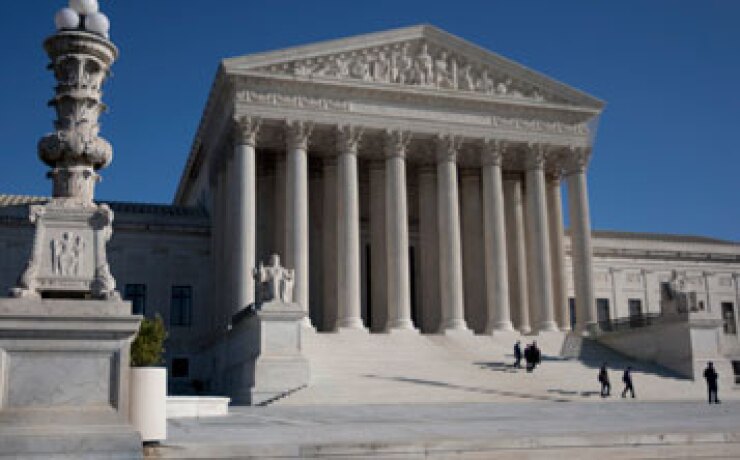The Supreme Court has declined to take up New Hampshire's lawsuit challenging a Massachusetts regulation that continued to impose income taxes on former commuters from out of state who had begun working from home because of the pandemic.
The court announced its decision Monday morning, noting that Justices Clarence Thomas and Samuel Alito were in favor of taking up the case for the fall term. The decision means the Massachusetts tax policy that New Hampshire said affected about 15% of its workforce will sunset on its own later this year.
The taxation of telework involving out-of-state workers has national implications because of the sudden increase in remote work caused by the COVID-19 pandemic. Many of those workers have not returned to their offices and, in many cases, may never return.

Massachusetts had
The federal government last month filed a friend of the court brief advising the Supreme Court to not take the case because it does not rise to the level of original jurisdiction that warrants the court’s consideration.
New Hampshire has no state income tax and claimed the taxation of its residents was causing economic harm.
New Jersey, Connecticut, Hawaii, and Iowa filed a friend of the court brief in support of New Hampshire, noting many of their residents are in the same position of being forced to pay income taxes to other states where their jobs are based.
New Jersey said more than 400,000 of its residents and 78,000 from Connecticut commuted to jobs in New York City prior to the pandemic.
On the other side are five states that in addition to Massachusetts, rely on income taxes paid by out-of-state commuters for a significant amount of their revenue.
Most notable among the five is New York, where New York City is an employment hub that draws hundreds of thousands of workers from northern New Jersey and southern Connecticut. Arkansas, Delaware, Nebraska, and Pennsylvania also have similar taxes on out-of-state workers.
The attorneys general for both states did not immediately respond to a request for comment.





